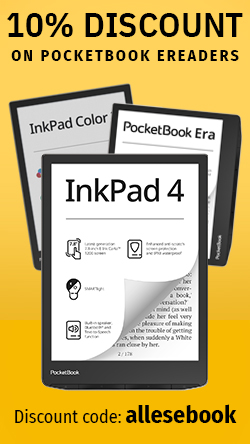Legal Battle Against Newspapers for Alleged Complicity in Copyright Infringement

In recent weeks, we have already reported several times on the illegal download portal b***.to. However, we weren’t the only ones; both Der Tagesspiegel and Die Zeit have written about the rapidly growing platform. Both newspapers referenced the full name of the portal, both online and in print, attracting at least one copyright holder’s, or their representative’s, wrath.
Criminal charges were filed against the author and the responsible editors with the Hamburg state prosecutor (Die Zeit) and in Berlin (Der Tagesspiegel). The subject of the charges: Complicity in copyright infringement.
“With the direct and repeated mention of the internet address, the reader was directly made aware of the website’s illegal offerings” … and … “There was no necessity for the direct mention in terms of objective journalistic reporting,” according to the criminal complaint.
Mentioning Names and Advantages
Furthermore: “By publishing the internet address, the website and its unlawful offerings were made immediately known to a large audience of readers. The reader was also indirectly encouraged to take advantage of the offering by highlighting the benefits of the illegal offering through the interview’s content.”
The second part in the quoted text is almost laughable, if it weren’t so sad. They aren’t just complaining about the mention and dissemination of b***.to, but also that the benefits of the illegal offering are mentioned. One would assume that the logical step beyond the charges is to revise the own offerings. But there’s no mention of that.
The complainant doesn’t have much hope anyway; it’s a “matter of principle with little chance of success.” No surprise, since in 2011 Heise succeeded after a lengthy legal battle with the music industry, clarifying that even the names of illegal platforms can be mentioned unredacted as a right of free press reporting.
Apart from the likelihood that the charges will thus lead nowhere, one has to wonder about the copyright holders’ approach. As colleague Ansgar correctly points out, the book industry is repeating the exact same mistakes that the music industry made some years ago when transitioning to the digital age. It starts with DRM protection and ends with these charges. All these measures that the music industry used were unsuccessful before. Why would anyone believe it would work this time?
